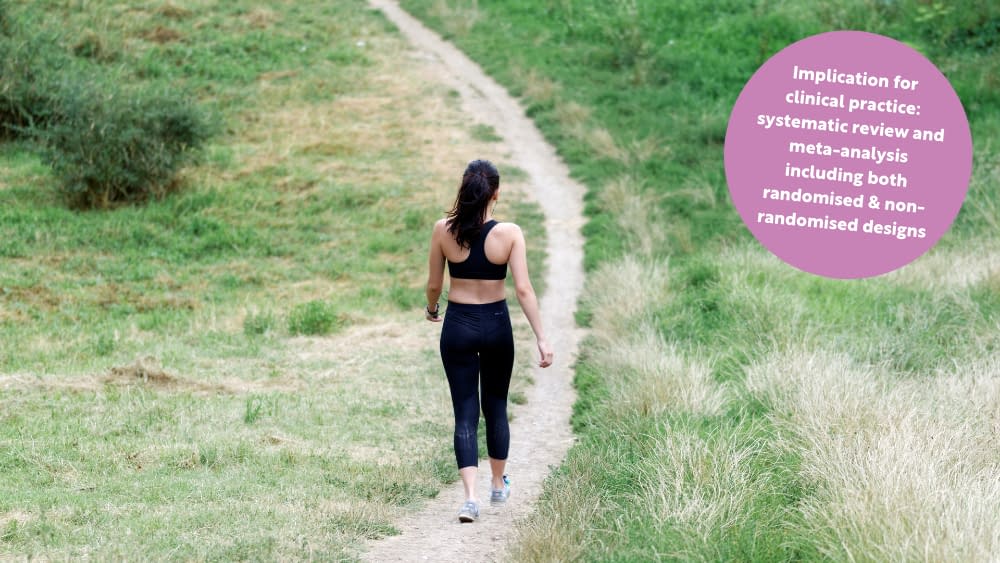Structured exercise, particularly aerobic and cardiovascular activities, significantly improves physical function. As a safe and well-tolerated nonpharmacological intervention, exercise enhances the quality of life for patients and should be promoted. Tailored cardiovascular interventions can specifically improve energy, stamina, and overall well-being in SLE patients facing physical challenges and fatigue, making exercise a valuable evidence-based adjunct to standard care.
Context
To evaluate the impact of exercise interventions on health-related quality of life in patients with SLE.
To determine whether exercise provides significant benefits in this patient population compared to standard care.
Methods
- Searches of PubMed and Embase databases were performed up to July 2021.
- Controlled trials (randomised and non-randomised) that examined exercise interventions in SLE patients and assessed health-related quality of life (HRQOL) outcomes were included.
- 9 studies (5 RCTs) were included involving 458 participants. The primary outcome was the change in HRQOL questionnaire.
- Most interventions were aerobic exercises conducted over 12 weeks with the majority involving walking or cycling.
Results
- The most significant effect of exercise was found in physical health and function. With some improvement noted in vitality and fatigue in individual studies.
- No significant effects were found in pain, general health, social functioning, or emotional wellbeing.
- More high-quality, disease-specific RCTs are needed to fully understand broader benefits.




